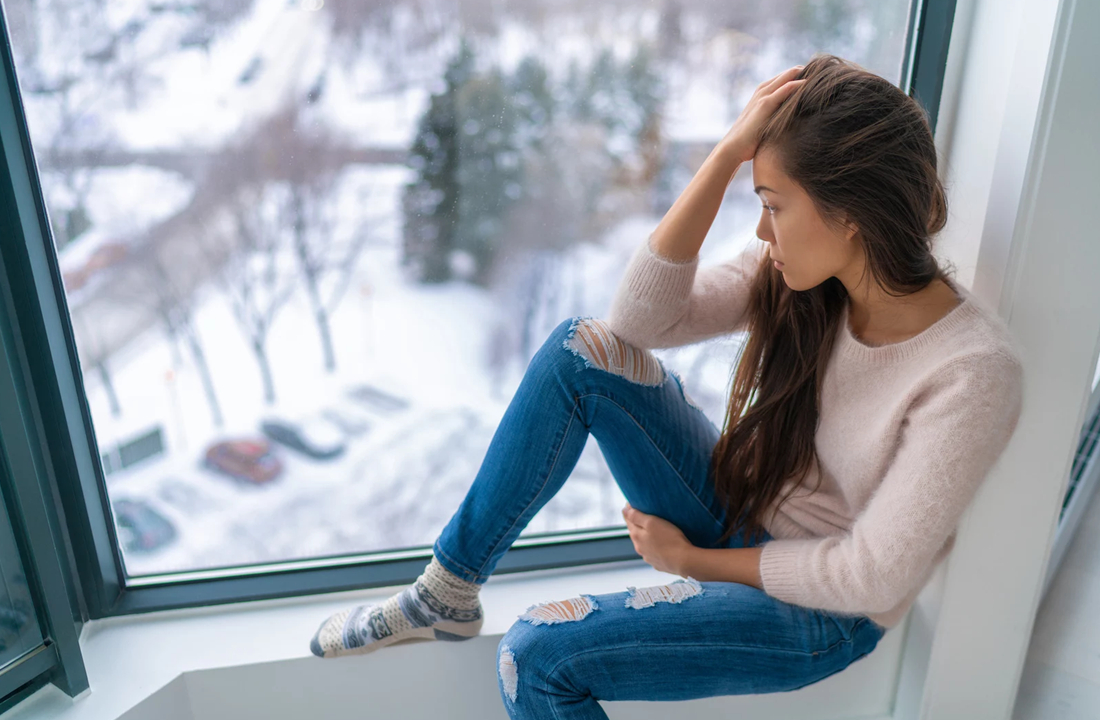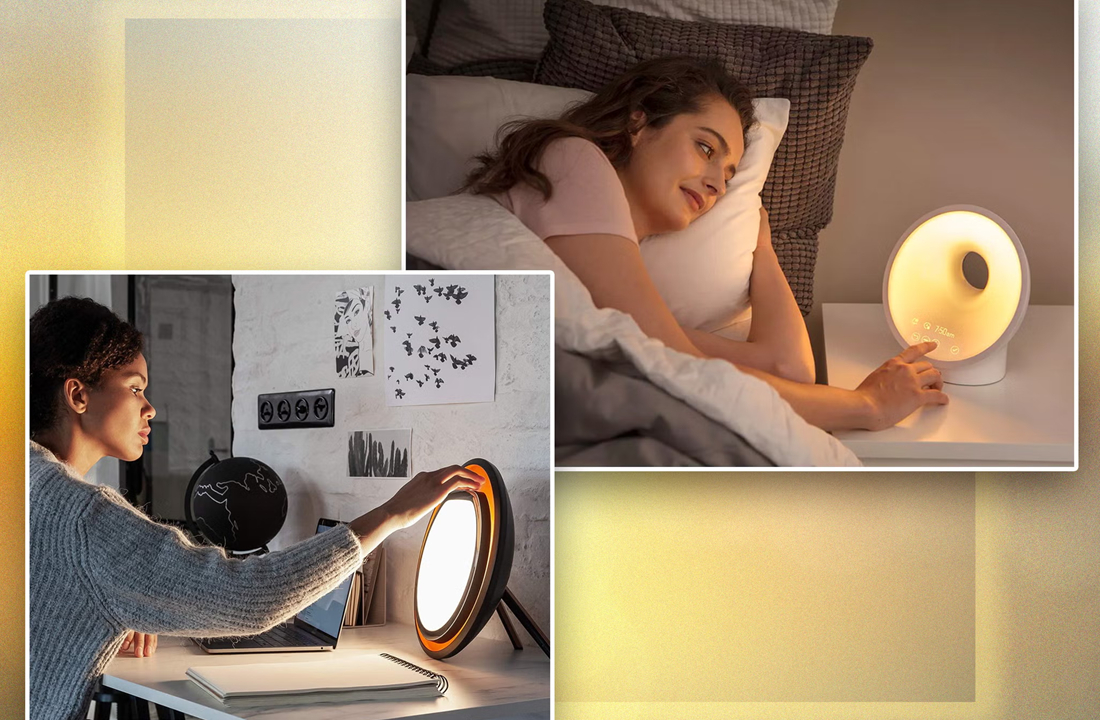Although anyone can experience seasonal depression, it may be more common among people living far from the equator due to decreased exposure to sunlight during the colder winter months. Seasonal depression can also occur after traumatic events or if you have an existing mental health condition such as major depressive disorder or bipolar disorder.
If you think you may be experiencing seasonal depression, it is important to talk to your doctor for a proper diagnosis and treatment plan. Treatment options can include lifestyle changes such as exercise and dietary modifications along with psychotherapy and or medications depending on your individual needs.

Light therapy is another option that involves using a light box that emits full-spectrum light which mimics natural outdoor light this helps regulate our circadian rhythms which are often disrupted by lack of sunlight during winter months leading to symptoms of SAD.
It’s also important to practice self-care when dealing with seasonal depression. Try activities like yoga or mindfulness meditation which can help reduce stress levels and improve overall well-being; get plenty of rest; take breaks from work when needed; stay connected with friends; volunteer; spend time outdoors whenever possible even if it’s just for short periods of time; find ways of managing stress effectively such as journaling or deep breathing exercises; avoid drugs or alcohol which can worsen symptoms; seek professional counseling if necessary—all these strategies will help manage symptoms associated with SAD so that you don’t feel overwhelmed by them this season!
Finally, remember that there are many resources available if you need extra support this year including hotlines for free emotional support such as The National Suicide Prevention Lifeline. Don’t suffer alone seek out help if needed so that you can enjoy this holiday season despite any challenges related to SAD!




